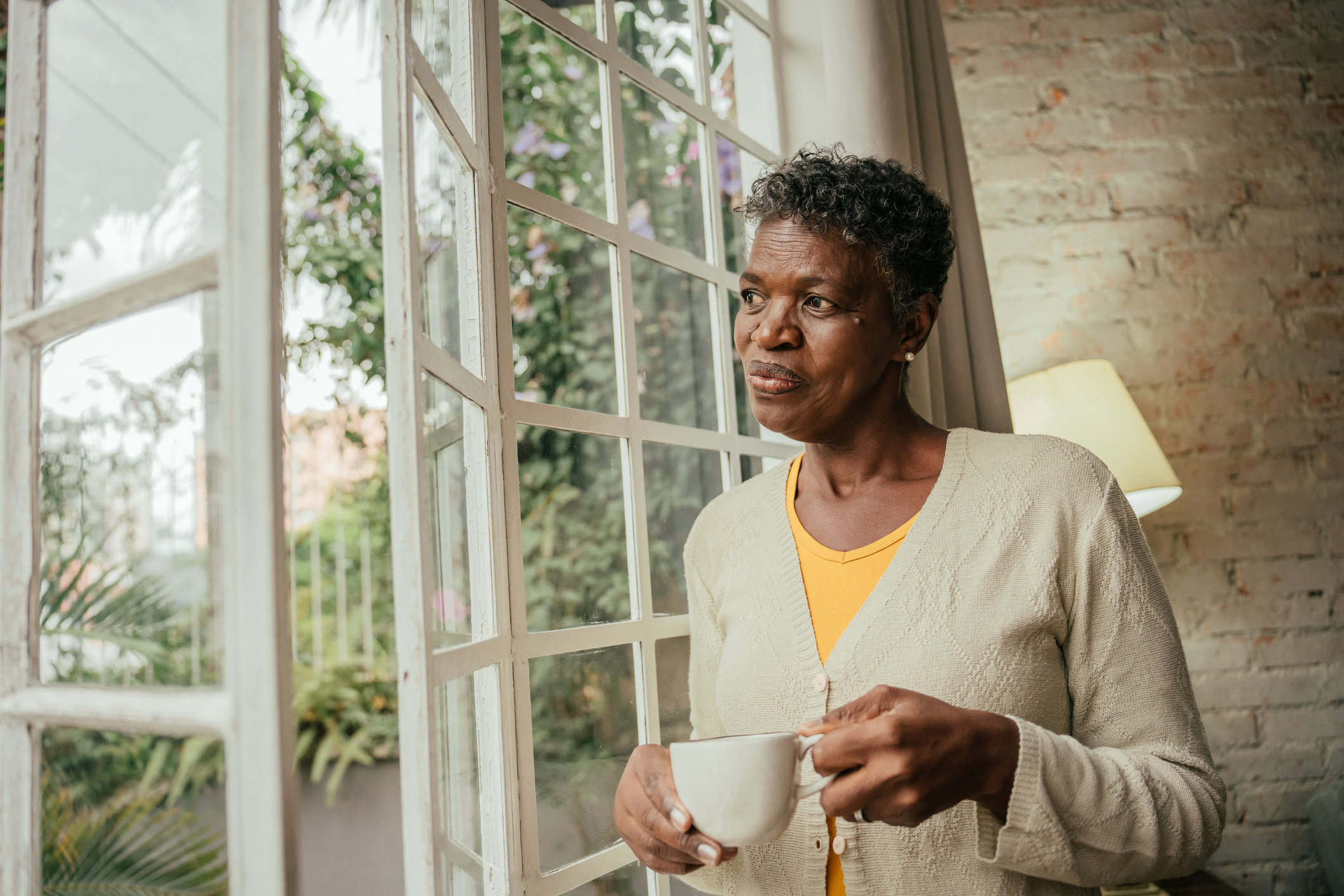Get Easy Health Digest™ in your inbox and don’t miss a thing when you subscribe today. Plus, get the free bonus report, Mother Nature’s Tips, Tricks and Remedies for Cholesterol, Blood Pressure & Blood Sugar as my way of saying welcome to the community!
Blood samples connect loneliness to stroke, heart disease and diabetes

Loneliness is a universal experience, something we’ve all grappled with at some point in our lives.
It can happen when you’ve just moved to a new town or city and don’t know anyone. Or maybe you’re cut off from friends and family because you’re housebound due to poor health.
I remember times when I felt lonely. It felt like “a pain in my heart.” Not a real one, but it was a deep aching that was almost physical.
I’ve now learned that loneliness that lasts too long can harm me physically.
I’ve read a remarkable study that has proven that finding solutions to loneliness can also prevent some life-threatening health problems, especially for middle-aged and older adults.
How loneliness contributes to heart disease, stroke and diabetes
A team of scientists at the University of Cambridge in England and Fudan University in China used the science of proteomics — the study of proteins — to examine blood samples from over 42,000 adults ages 40 to 69 who are part of the UK Biobank.
They were able to see which proteins were present in higher levels among people who were socially isolated or lonely and how these proteins were connected to poor health.
They identified 26 proteins associated with loneliness that are linked to cardiovascular disease, type 2 diabetes, stroke, and early death.
They also found that many of these same proteins are produced as part of our body’s immune response to inflammation and viral infection.
But it doesn’t stop there.
The abundance of five of these 26 proteins appears to be caused by loneliness.
One of these five proteins, known as ASGR, is associated with higher cholesterol and an increased risk of heart disease.
Some of the remaining four play a role in the development of insulin resistance, atherosclerosis and cancer progression.
Maybe now you can see why the World Health Organization has described social isolation and loneliness as a ‘global public health concern.’
How to safeguard against the health threats of loneliness
Dr. Vivek Murthy, the outgoing U.S. Surgeon General, describes loneliness as a universal feeling. It’s like hunger or thirst. Your body is sending you signals that you’re lacking something you need for survival — in this case, human connection.
If you’re feeling the weight of isolation, there are steps you can take to move towards more connection and a healthier, more fulfilling life.
Volunteer. I recently started volunteering at my local food pantry on Fridays. When I’m there, I feel vitally connected to my community and have met people who have added depth and richness to my life.
Practice gratitude. I keep a gratitude journal. Each day, I record 10 things I’m grateful for. They can be as small as a good cup of coffee or sunlight streaming into my kitchen. They’re things that bring me moments of joy, things I don’t want to take for granted.
Call a friend. Don’t text … call. Research shows that even a regular 10-minute phone call can help ease loneliness.
Draw out your creative side. Creative pursuits like art, music, or writing can bring you joy and help you feel more connected. Creating something can bring a sense of fulfillment that can overcome a mood of loneliness and sadness.
Take a break from social media. Research suggests that comparing yourself to others on social media may be linked to increased loneliness. Spend that time connecting with people in “real life” instead.
Editor’s note: There are perfectly safe and natural ways to decrease your risk of blood clots including the 25-cent vitamin, the nutrient that acts as a natural blood thinner and the powerful herb that helps clear plaque. To discover these and other secrets of long-lived hearts, click here for Hushed Up Natural Heart Cures and Common Misconceptions of Popular Heart Treatments!
Sources:
Loneliness linked to higher risk of heart disease and stroke and susceptibility to infection — Science Daily
‘Loneliness’ proteins in your blood could be putting your health at risk — Science Alert
Effect of layperson-delievered empathy-focused program of telephone calls on loneliness, depression, and anxiety among adults during the COVID-19 pandemic — JAMA Psychiatry
Loneliness and Facebook use: the role of social comparison and rumination — National Library of Medicine
Surgeon General: Why I’m Calling for a Warning Label on Social Media Platforms — NY Times














